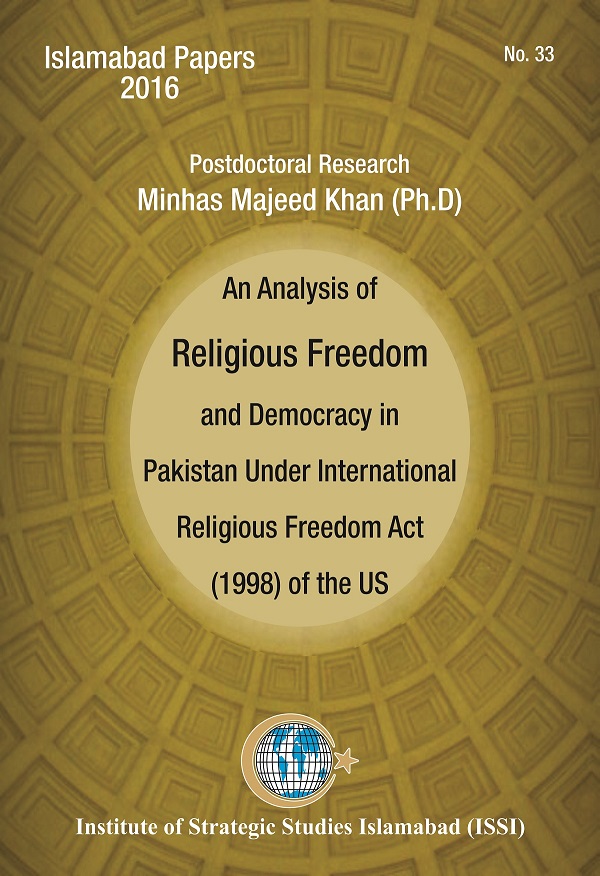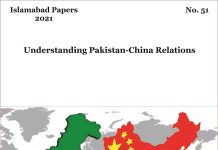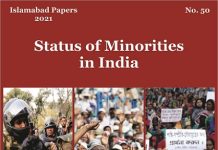Introduction
Religious element is a critical component of political and social stability and security worldwide. With the increasing interplay between religion and politics, international affairs have increasingly become complex and the world has grown more repressive for different religions and their followers due to religious extremism. The fear that the next great world war might be grounded in ideological/theological issues, unfortunately, may turn out to be a reality if issues of religious extremism and intolerance are not taken into account. In the post 9/11 periods, the International Religious Freedom Act (IRFA) of the United States (US) has gained significant importance, as it has raised issues such as environment, human rights and democracy besides religious freedom, religious persecution and discrimination worldwide.
The efforts to place religious freedom and conscience a top priority of US foreign policy were recorded in 1996.It was Secretary of State Warren Christopher, in 1996, who announced the creation of an Advisory Committee on Religious Freedom Abroad. The Committee was influenced by the many faith-based organizations that began lobbying the US Congress asking for greater attention to human rights during the 1980’s and 1990’s. The Committee, consisting of 20 American religious leaders and scholars, produced an interim report in 1998 and a final draft in 1999 that recommended a foreign policy agenda geared toward the promotion of religious freedom worldwide.















